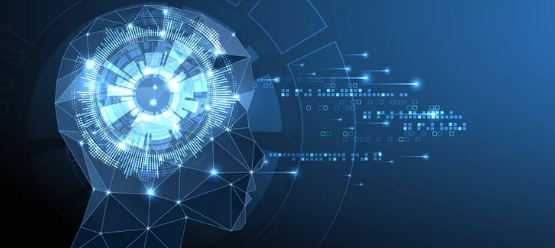Composing music with AI is no longer just a futuristic idea; it is a real tool used by musicians today. While some see AI as a clever way to speed up creativity, others debate whether it can truly match human emotion and artistry. AI in music composition is both a useful tool for generating ideas and a technology that challenges traditional views of creativity.
AI uses algorithms and machine learning to create music, sometimes producing complete songs or just helping with parts like melodies or harmonies. It offers new possibilities, such as making music more accessible and efficient for artists. However, it also raises questions about originality and the unique human touch that has always shaped music.
With AI’s growing role in music, it’s important to understand its strengths and limits. This balance will shape how AI is viewed—whether as a genuine creative partner or just a fancy gimmick in the world of music.
Key Takeaways
- AI tools have transformed how music can be created and shared.
- The role of AI prompts a new look at what creativity means.
- Its value depends on how people choose to use this technology.
The Evolution of AI in Music Composition
AI in music has moved from simple, rule-based systems to advanced deep learning models. These technologies now create complex and varied musical pieces. Researchers and developers have tested AI in different ways, producing notable examples that showcase its potential and challenges.
Technological Advancements in AI Music
Early AI music systems used basic algorithms to generate simple melodies. Over time, developments in machine learning, especially deep learning, enabled AI to analyze and replicate styles across many genres. These models can now compose classical, pop, and jazz music with increasing sophistication.
Key improvements include neural networks that learn from large datasets of songs. This allows AI to create music that feels more authentic and emotionally engaging. Real-time adaptation is emerging too, where AI changes music based on listener mood or environment.
Notable Case Studies in AI-Generated Music
One important case involved an AI system composing background scores for commercials and games. This project showed how AI can reduce production time and costs while offering creative variety.
Another example is AI-driven remixing, where algorithms rearrange existing tracks to produce new versions. This challenges traditional roles in music creation and raises questions about authorship.
These cases reveal that AI can assist and expand creative options without fully replacing human composers yet.
Evaluating Creativity: Genius or Gimmick?
AI’s role in music raises important questions about originality, how it works with human musicians, and the ethical issues involved. These need careful examination to understand AI’s true impact on music creation.
Originality and Authenticity in AI-Composed Music
AI creates music by learning patterns from large sets of existing songs. This means AI often recombines known elements rather than inventing something completely new.
Some argue AI lacks true originality because it depends on past works. Others say AI can still produce fresh sounds by mixing styles in unique ways.
Authenticity is also debated. AI-generated music may challenge traditional ideas about artistic intent since it lacks emotions or personal experience.
Still, AI can generate complex compositions that sound original to listeners. The question remains if this counts as genuine creativity or clever programming.
Collaboration Between AI and Human Musicians
Many musicians use AI as a tool to inspire new ideas rather than as a full composer. AI can suggest melodies, harmonies, or rhythms that a person might not think of.
This collaboration allows artists to expand their creativity and work faster. AI can handle repetitive tasks or generate variations, freeing musicians to focus on expression.
AI is seen as a creative partner, not a replacement. Human judgment and emotion remain central to shaping the final piece.
The technology encourages experimentation with new forms and sounds, broadening music’s possibilities.
Ethical and Legal Implications
AI’s use in music raises concerns about copyright and ownership. Since AI learns from existing songs, questions arise about who owns the new work.
There is debate over whether AI-generated music infringes on the rights of original creators. Laws have yet to catch up with these issues fully.
Ethically, some worry AI might reduce the value of human musicianship. Others see it as a new tool that complements human creativity.
Clear rules and transparency are needed to address these challenges and protect artists and listeners alike.
Also Read :
- How Artists Are Using Generative AI for Visual Storytelling
- Is AI the Future of Creative Writing?
- How to Use Open-Source AI Tools for Scalable Deployment
